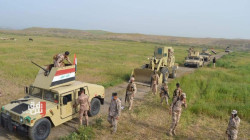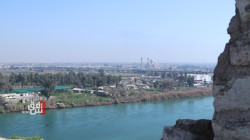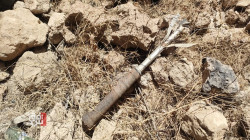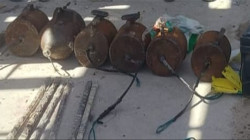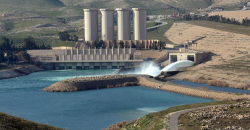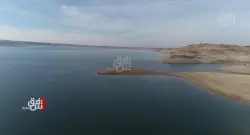Mosul Dam Resort: A beloved past returns with vision for the future
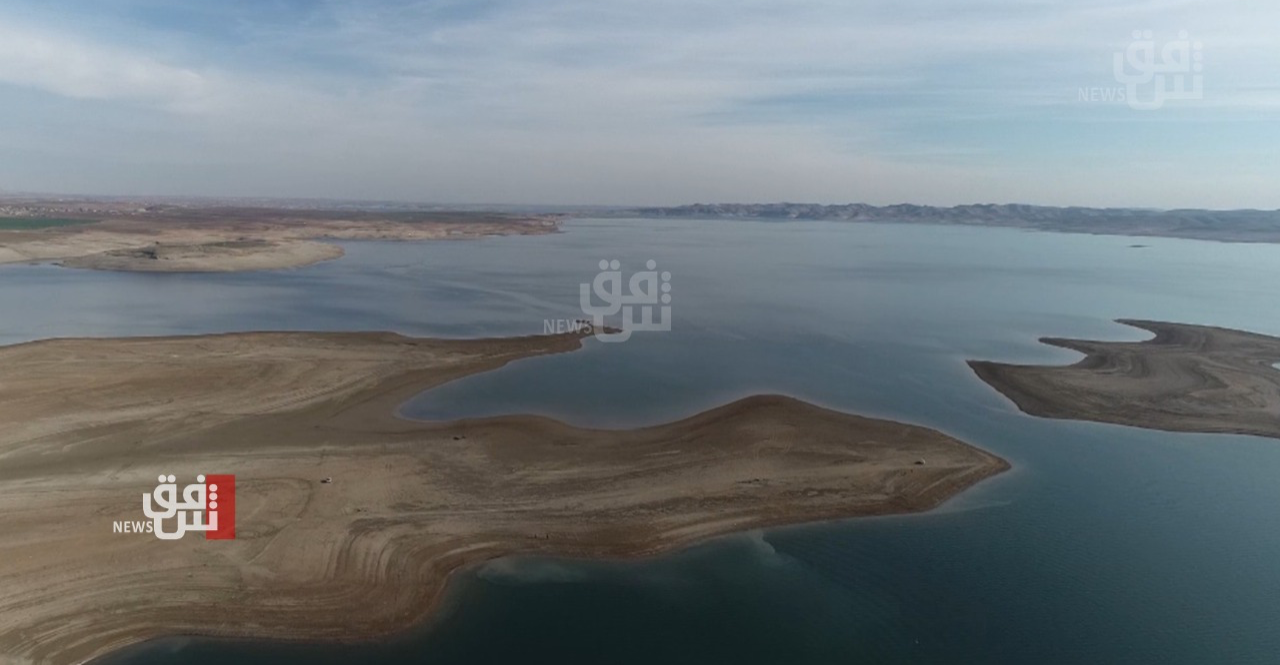
Shafaq News/ Once a cherished weekend escape for generations of Iraqis, the Mosul Dam Tourist City is coming back to life. Tucked 40 kilometers north of Mosul, the resort—once a jewel of Iraq’s tourism sector in the 1980s and 1990s—has begun its transformation from a site of memory and abandonment into a symbol of revival and promise.
Perched on the banks of the country's largest dam, the resort had once thrived with rows of chalets, restaurants, markets, lush gardens, playgrounds, and sports fields. Its panoramic views and vibrant energy made it a favorite destination for families and travelers, especially in the warmer months. For many, it was a place where memories were made—carefree days by the lake, laughter echoing across the hills, and the simple joy of escape.
But those golden years faded after 2003 when the US-led invasion plunged Iraq into years of instability. As violence intensified, especially during ISIS’s occupation of Mosul in 2014, the resort fell silent. Its buildings decayed, its grounds deserted. Efforts to revive it were hampered not just by war, but by political disputes between Baghdad and the Kurdistan Regional Government, leaving the site frozen in time.
Now, after more than two decades, hope is returning to the shores of the Mosul Dam.
In February 2024, the Ministry of Culture, Tourism, and Antiquities signed a landmark agreement with the Mosul-based Al-Ustadh Company to redevelop the area. The project, covering 300 dunums, will bring new life to the resort with hotel-style residences, green spaces, cafes, markets, a modern water park, and sports and cultural venues.
“Work has reached 40% completion,” said Nineveh Governor Abdul Qader Al-Dakhil. “The investor, contractors, and oversight bodies are all from Mosul. That local involvement gives us real confidence in both the quality and the timeline of this massive project.”
Ali Jumaa, a representative of the investing company, shared that the site will include 350 residential hotel units and is slated for completion by the end of 2025.
For many Mosulis, the project is more than just bricks and mortar—it’s the return of something deeply personal. Mohammed Karim, a resident, recalled how families once packed their cars and headed north for weekends filled with laughter and lakeside leisure. "It wasn’t just a resort," he said. "It was part of who we were."
That sense of nostalgia is now meeting the promise of economic opportunity.
Economists believe the revival of the Mosul Dam Tourist City will have ripple effects across Nineveh Province. Dr. Mohammed Muthanna, an economics professor at the University of Mosul, said the project could create hundreds of jobs and reposition Mosul as a tourism hub on par with the Kurdistan Region. “This is not just about leisure,” he noted. “It’s about rebuilding a city’s identity and economy.”
Muthanna emphasized the need for complementary efforts, urging the government to accelerate the restoration of Mosul’s historic landmarks—among them Al-Nuri Mosque, Al-Hadba Minaret, the Nabi Yunus Shrine, and the churches of Al-Tahira and the Clock Church.
